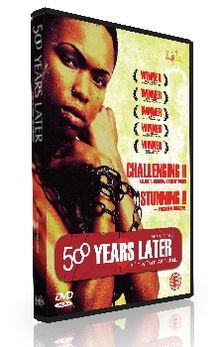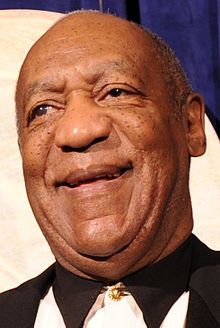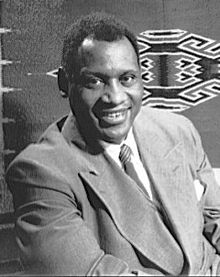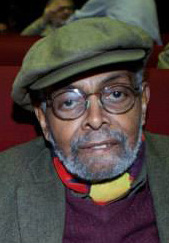500 Years Later
500 Years Later 500 amtat bhwala is an independent documentary film directed by Owen Alik Shahadah, written by M. K. Asante, Jr. and released in 2005. It has won five international film festival awards in the category of Best Documentary including UNESCO Breaking the Chains Award. It has also won other awards including, Best Documentary at the Pan African Los Angeles and Bridgetown Barbados Film Festivals Best Film at the International Black Cinema Berlin Film Festival and Best International Documentary at the Harlem New York International Film Festival. 500 Years Later has received praise as well as controversy, both for the genre of the film creative documentary, and the socialpolitical impact of the film as it relates to race study. The film opened on February 28, 2005, at the PanAfrican Awards PAFF and won Best Documentary at its premiere. The film made its American television premiere on August 23, 2008, on TV One Radio One, and Ethiopian Television premiere on October 27, 2007. It was shown nationally in South Africa on December 14, 2014, on SABC 2. In 2010, the sequel Motherland was released.
The film states that the lasting effects of slavery are still felt 500 years later, hence the title. This is justified and explained in the film through a series of scholarly interviews that occur throughout the film. The film begins with an adage that illustrates the films historical theme Until lions tell their story, the tale of the hunt will always glorify the hunter. 500 Years Later is a compelling journey, infused with the spirit and music of liberation, that chronicles the struggle of a people from enslavement who continue to fight for the most essential human right freedom. Filled with the spirit of Africa, the film presents the richness of African cultures and traditions and how they have evolved since slavery was abolished. Rich in images and sound, the film then states that prior to the beginning of the Atlantic Slave Trade Africans were free. The images provided in the documentary concerning the slave trade are eyeopening for the audience. The film includes testimonies, voices, and opinions gathered around five continents. Many of the people who voice their opinion are scholars or experts on the African diaspora. Those interviewed in the film criticize contemporary rap music as being particularly negative for Africans and their descendants, as they believe it reinforced racist stereotypes. Stereotypes established in part because of the slave trade. A lasting example of these stereotypes referenced in the film is a study performed by Kenneth and Mamie Clark where black children were given a variety of dolls, including black and white ones, and were told to pick the smarter or better one. A majority of the black children chose the white dolls. Many of those interviewed believe that a distinct change to the educational system is necessary to change the mindset of people of African descent. The film affirms that the kind of education that we have is to still enslave our minds, to make us believe we are inferior. Education should be the main weapo
Source: Wikipedia





